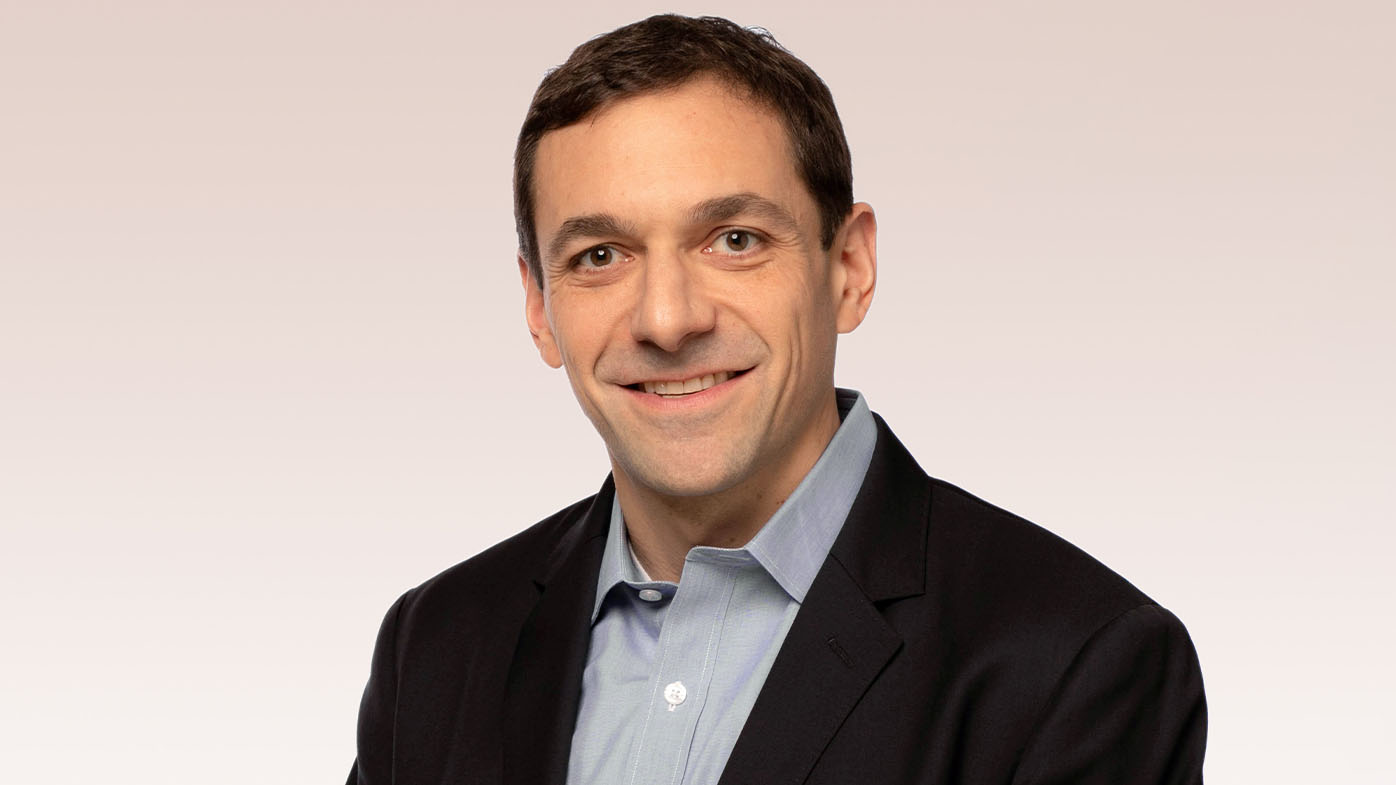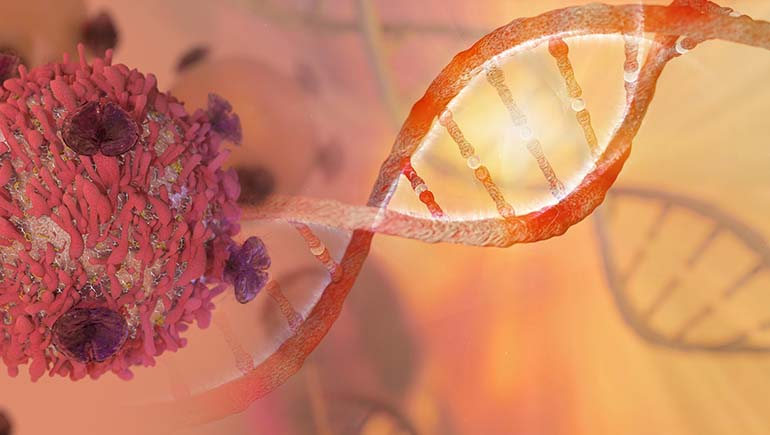Our understanding of the role immunotherapies play in the adjuvant setting continues to evolve and, recently, we were able to demonstrate potential clinical benefit in a second tumor type. Bristol Myers Squibb is the first company to generate these data in esophageal cancer, specifically after chemoradiotherapy and surgery. Until recently, the only Phase 3, randomized data demonstrating clinical benefit for immunotherapy in another adjuvant setting was in one of the most immune-responsive tumors and, therefore, it was more likely to see a benefit with these types of agents.
Now that we have seen a potential benefit in a less immune-responsive tumor type, we have more evidence that immunotherapy may have an impact across more resistant tumors. We are proud to have progress in what has been a notoriously hard-to-treat group of tumors with a large scale randomized trial demonstrating the ability to substantially improve upon long-standing standards of care for certain patients in the adjuvant setting.
Our advancements have not come without challenges. From enrollment of patients in clinical trials where no active comparator treatments exits to managing regional differences in care, we pushed through challenges, knowing patients need scientific advancements. I am proud of the fact that we have successfully moved the needle for tumors with high unmet need that don’t necessarily register as the most familiar or as having prominently discussed unmet need.
At Bristol Myers Squibb, our goal in cancer treatment is to get patients to their best outcomes as early in the course of the disease as possible. As patients are treated in later stages, there are more risks and more co-morbidities given the higher level of aggressiveness of the disease as it spreads. The more we can do for patients early on, the better chance we will have at giving them better outcomes with longer survival, and potentially an improved quality of life. Based on what the research is showing us, we now know this isn’t a niche therapy; there’s the potential to really have an impact across even the most resistant tumors that we treat today.




